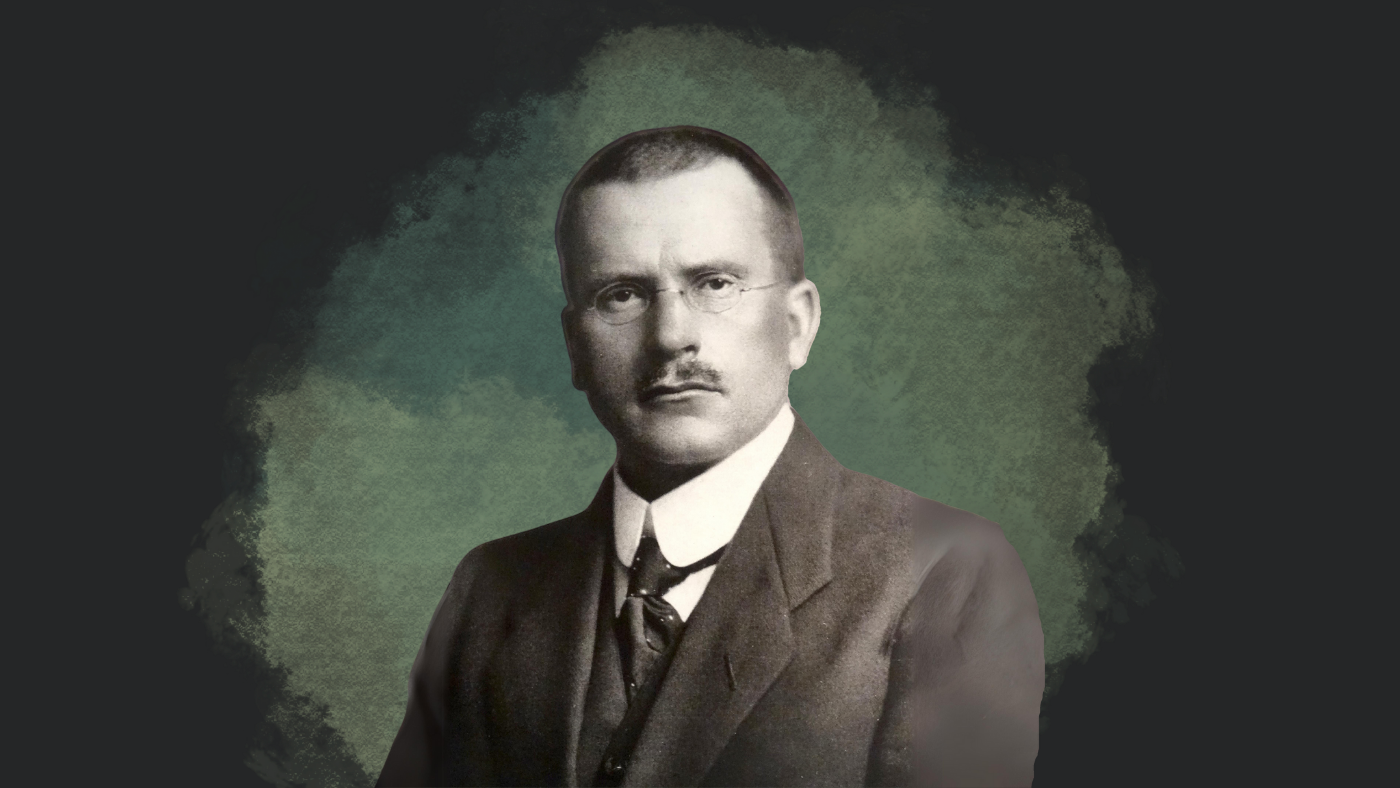Jung is the founder of Analytical psychology. He is one of the three great founders of depth psychology along with Sigmund Freud and Alfred Adler. (Maltby et al., 2017) Carl Gustav Jung, the son of a Swiss priest, was born on July 26, 1875 in Switzerland. Born into an unhappy family, Carl Jung had a lonely and introverted childhood, and then he was stripped of his personality. Although his first career choice was archeology, he was interested in Philosophy and later studied medicine. At the age of 24, he decided on psychiatry. (Mehmedoğlu, 2013) After reading Sigmund Freud’s Interpretation of Dreams, he began to correspond with him. In 1907, he met Sigmund Freud in Vienna. At the age of 36 he became the first president of the International Psychoanalytical Association (Mehmedoğlu, 2013). Witnessed the First World War, after the war Carl Jung traveled to many places; he studied the tribes in Africa, America and India (Bishop, 2014).
Jung’s interaction with many different cultures gave him a different perspective in his theories, and led him to produce new concepts that would contribute greatly to the discipline of psychology. He covered a wide variety of topics, including theology, education, relations, cultural issues, and also the occult in his studies. Many fields have benefited from Jung’s theories, particularly psychology. The concepts invented and made by him in the field of psychology were widely accepted. E.g; Concepts such as introverted and extroverted, shadow, archetype, collective unconscious, anima, animus belong to him. The most valuable theory of Jung is the theories he built on the human mind. With this theory, he divides the human mind into three as consciousness, personal unconscious, and collective unconscious and gives a new perspective to the psychology literature with the concept of collective archetype.
After a life full of fruitful work, Jung died in 1961 in Zurich, Switzerland at the age of 85. (Bishop, 2014) After him, his work was influential for many years, and there was extensive work on his theories.
Feyza Betül Tunceroğlu | Psychologist
References
- Maltby, J., Day, L., & Macaskill, A. (2017). Personality, individual differences and intelligence (Fourth edition). Pearson.
- Mehmedoğlu, A. U. (2013). C. G. Jung’un Tanrı Anlayışı. Toplum Bilimleri Dergisi.
- Bishop, P. (2014). Carl Jung. Reaktion Books, Limited.


